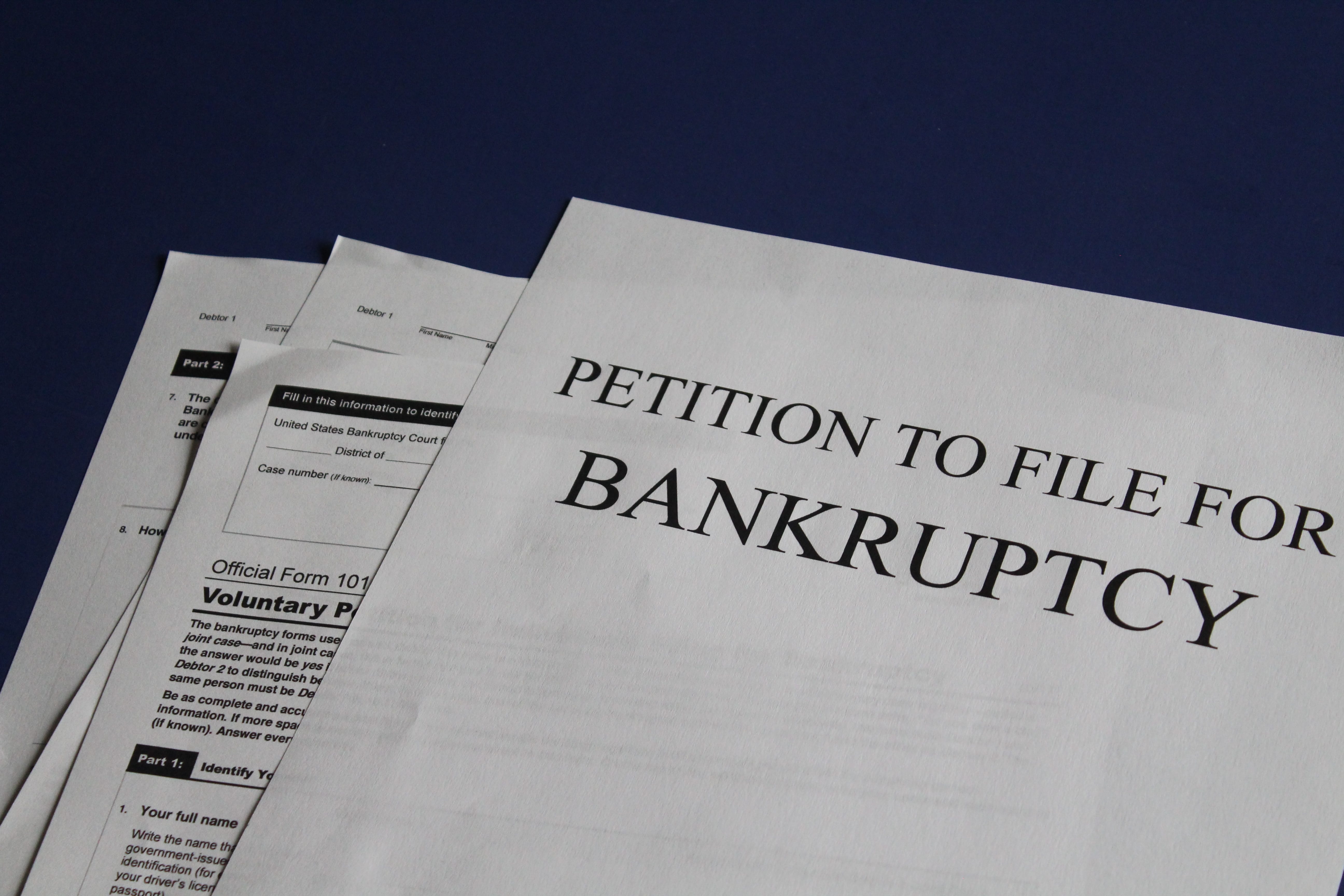Bankruptcy can be an enormous relief, but you should go in with your eyes open about what to expect.
If you’re in a position where you can’t meet your monthly obligations, then you may be considering filing for bankruptcy. This is a truly intimidating process that will require you to hire an attorney, attend meetings, and do a fair amount of digging into your own finances to find the information that all interested parties are going to require. This five-step guide to hiring a bankruptcy lawyer is designed to assist you through the pre-bankruptcy phase.
1. Know the Difference Between Chapter 7 and Chapter 13
There are two main types of bankruptcy for individuals and families filing for personal bankruptcy: Chapter 7 and Chapter 13. While Chapter 7 is more common, Chapter 13 has advantages for some filers who qualify. Chapter 7 will require you to liquidate most of your assets to pay off debt. Chapter 13, on the other hand, allows you to keep your assets as long as you have the income necessary to work out an acceptable payment plan. Ultimately, you may not have both options open to you. There’s a means test for Chapter 7, and if you’re over the state median income, you may have to opt for Chapter 13. Having an idea of the difference between these two forms of bankruptcy will save you a tremendous amount of time when you’re meeting with attorneys.
2. Set Aside Some Cash
You may be paying every cent you’re bringing in to bill collectors, but if you know that you’re going to need to file for bankruptcy, then you’ll need to start setting aside some cash for their initial retainer. Some of the attorney’s fees will come out of your settlement or payment plan, but you’ll need to have some money for their initial filing fees and so on.
3. Stop Using Your Credit Cards

In some states, the debt you incur within 60 days of filing for bankruptcy may not be dischargeable. If you know you’re going to file for bankruptcy, you don’t want to expand your non-dischargeable debts. Stop adding to your balance.
4. Vet Your Bankruptcy Lawyer
Bankruptcy in New Jersey and other states is complicated. You need to retain the services of not just any attorney, but one who is familiar with the bankruptcy laws and courts of your state. You can start your research by reading attorney reviews and testimonials, but you will eventually need to talk with your attorney to get a feel for what they can offer. You should be able to have a phone consultation with several attorneys without laying out any money.
5. Write a List of Questions for Your Attorney
Here are a few that you should ask before committing to a bankruptcy lawyer:
- I make ______ amount per year. Will I be eligible for Chapter 7 and Chapter 13?
- How long does it take before I emerge from bankruptcy?
- How long has this bankruptcy firm been handling bankruptcy cases?
- What percentage of your clientele is Chapter 7 vs. Chapter 13?
- Can I avoid foreclosure?
- What are non-dischargeable debts? (Debts that can’t be charged may vary from state to state)
- How much do I have to pay up front?
- How much are your total fees?
Bankruptcy can be an enormous relief, but you should go in with your eyes open about what to expect. Contact a bankruptcy lawyer in New Jersey to learn more.


Join the conversation!